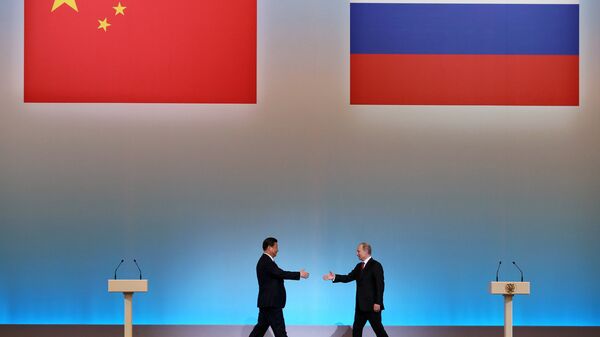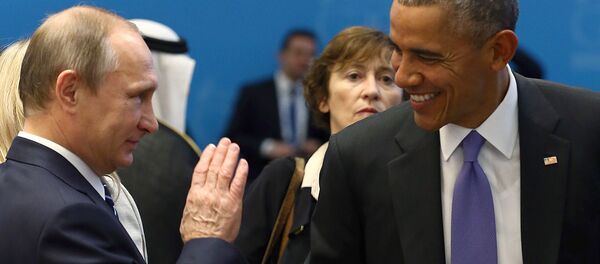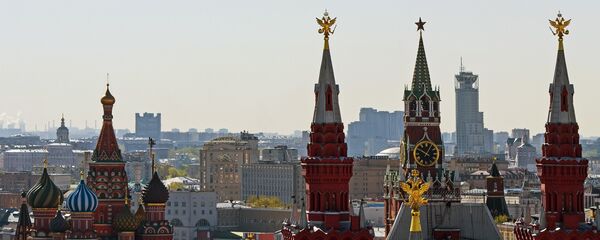The US foreign policy establishment has clung to the idea that Beijing and Moscow pose a significant threat to Washington's security; predictably, the phantom menace is largely used to boost the US defense budget.
The point is, however, that these thought leaders and security experts have little if any knowledge of what is really going on on the ground in China and Russia, Gilbert Doctorow, Founder and the European director of the American Committee on East West Accord, exposes.
"I do not mean to suggest that all articles fit this generalization because occasionally dissenting views are allowed some space, especially if they are badly argued. But the great majority does fit this mold and the American people are the big losers by this disservice because the public, including the expert community, is deprived of objective examinations of these very important and powerful countries," Doctorow writes in his article for Consortiumnews.com.
In his article published by Foreign Affairs, Kaplan suggests that Moscow and Beijing are teetering on the brink of a major political crisis.
"This ambitious attempt to take out two eagles with a single pebble assembles as many trite assumptions about the subject countries as the author could scoop up and dump in one place. Kaplan then surrounds the banalities and fallacies with argumentation that does not stand a test of logic," Doctorow emphasizes.
According to the US scholar, Kaplan and his counterparts usually fall victims to their poor knowledge of the matter.
"Simply put, the author does not know what he is talking about," Doctorow highlights, calling for careful examination of Russia and China's reality.
It is irresponsible to tease the Dragon and the Bear for the sake of growing military profits.
There are usually two sides of the argument, the scholar notes, stressing that in the eyes of Moscow and Beijing, NATO's muscle-flexing and saber-rattling looks suspicious and even threatening.
"Distorted analyses actually can turn these countries into existential threats to the United States by provoking dangerous reactions to American policy even when Russia or China had no aggressive intent in the first place," he remarks.
Stephen F. Cohen, professor emeritus of Russian studies at New York University and Princeton University, echoes Doctorow's concerns in his publications and interviews.
Professor Cohen refers to the current state of affairs as a "new Cold War," which is far worse than the previous one, since there are no red lines and no rules anymore.
"We are living in an exceedingly difficult time. A time which is a new Cold War, but which is itself, as I often also tried to emphasize in the past, even more dangerous than the preceding forty-year Cold War at least the history after the Cuban crisis, because there are no rules in this new Cold War, no red lines, no agreed upon conducts by Washington and Moscow, the kind that kept us safe during these forty years," he said in one of his interviews on The John Batchelor Show.
According to the US academic, there is an internal struggle in Washington between the party of war represented by US Secretary of Defense Ashton Carter and the party of peace headed by US Secretary of State John Kerry.
However, despite the political rivalry, it seems that "cool heads" still prevail in Washington.
The US-Russian brokered ceasefire in Syria provides a unique opportunity for Moscow and Washington to restore mutual trust and continue cooperation in Ukraine and other hot spots, the professor believes.





